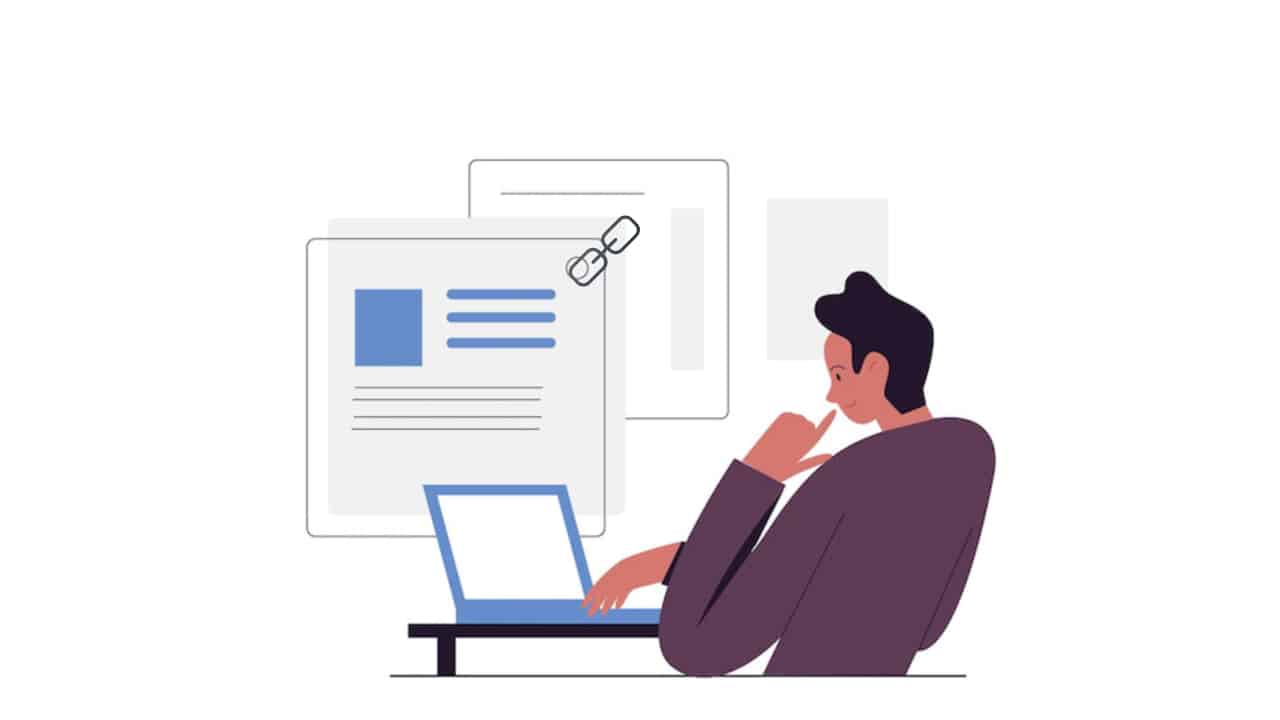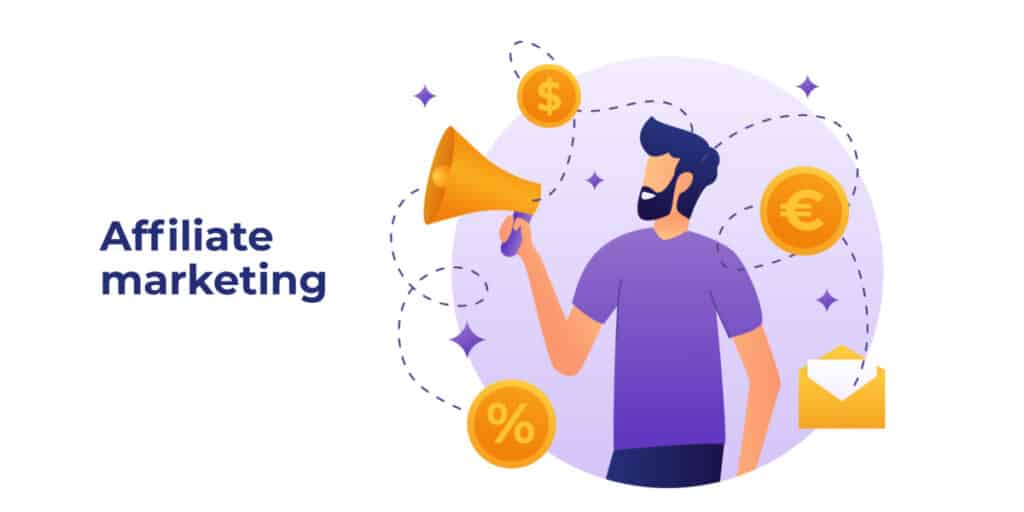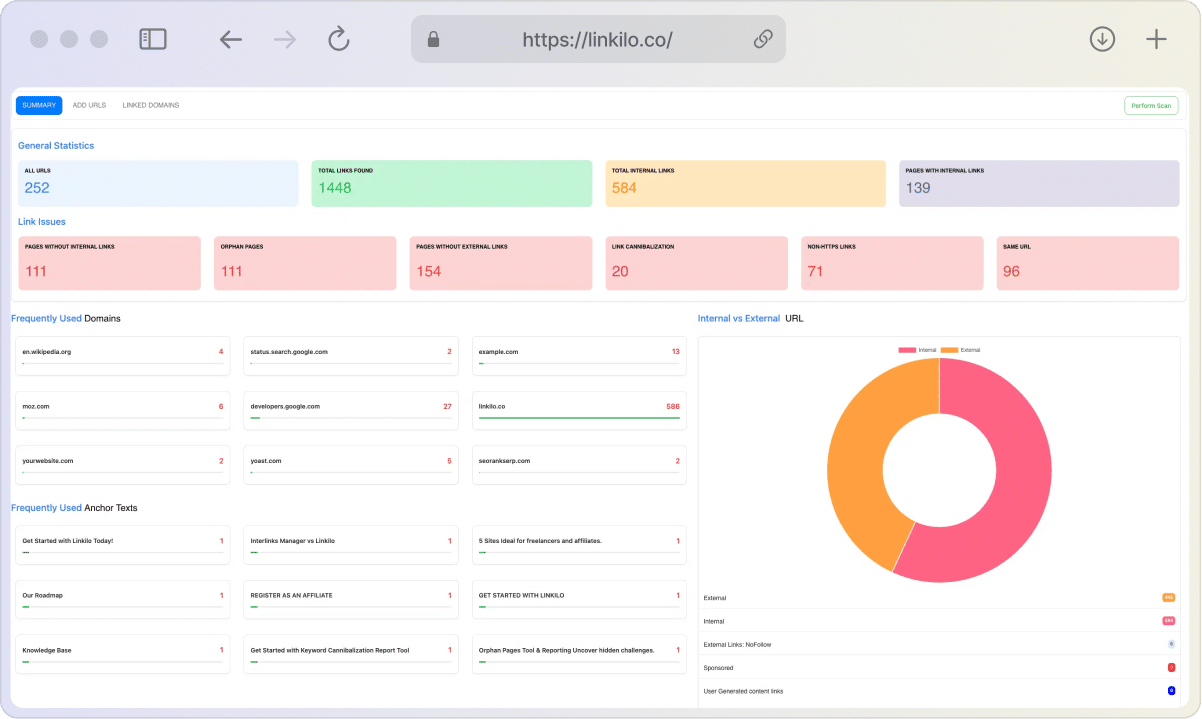I’m frequently asked if we should concentrate our time and money on content creation or link development to increase our SEO.
Regarding enhancing SEO, the only thing that matters is high-quality content. People will connect to your material if you do your homework, compose it, and publish it.
I am more biased towards content vs. link building since I’ve been doing SEO for 7+ years. The truth is to focus more on writing the best content possible, internal link each of your pages together like a perfectly woven scarf with engaging and shareable assets to make backlink growth easy.
We all know that backlinks are one of the primary SEO factors that determine how well a website ranks in search results and which websites users see first when they search for keywords related to that site.
It’s a simple rule; it must be good if people are referring to your links. But over time, how do Google and other search engines tackle fake or paid links? Just because your links are growing should not indicate that your page or domain is better than the other.
Only time will tell.
Content alone can’t get you very far in terms of SEO. For now, links remain an essential part of the online world and its algorithms. These two things go hand in hand, but we’ll get into that later.
In this article, we will look at why links are important for SEO and what you need to know about their role in your marketing strategy.
Many link-building tactics may result in a slap from the Google gods (or bots).
For the last ten years, Google has developed machine learning algorithms to prevent websites from abusing the SEO system. There’s nothing left but contentment.
That’s why weighing the pros and cons of content vs. links is a dead end. The most important ranking criterion for search engines is great content.
Key takeaways:
- Quality content encourages other websites to link to yours and encourages users to click on the links
- Links assist Google in understanding what your content is about, your areas of expertise, and why you deserve to rank when you have great material as a basis.
- High-quality content and natural links deliver targeted visitors, develop authority, and establish trust.
What is high-quality content?
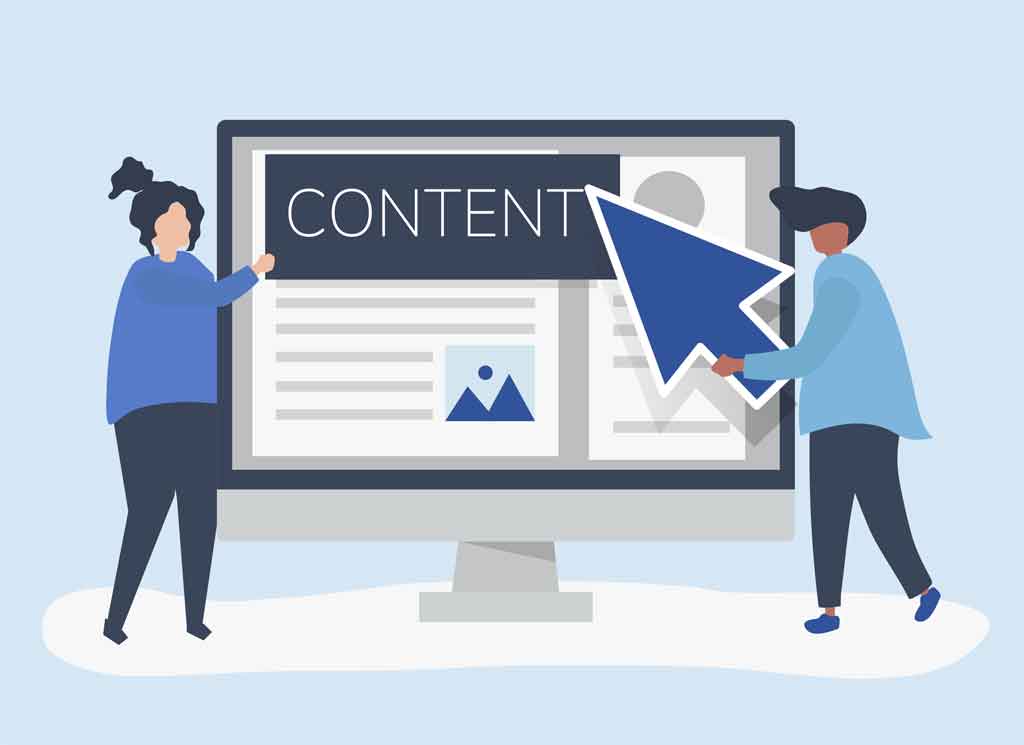
Let’s get some background knowledge out of the way before we get into tactics. You’ve certainly noticed that many link-building and SEO strategies emphasize the importance of producing high-quality content. There’s a reason for this: building links to high-quality material is much easier because that’s what gets shared.
Businesses and individuals are continuously looking for high-quality content to link to provide value to their website visitors. As you’ll observe, few people connect to a homepage, product page, or shopping cart.
Of course, there’s a difference between stuffing keywords and links into content and writing high-quality blogs and articles designed to help you establish authoritative links to your website.
Here are two crucial definitions to ensure we’re speaking the same language:
What is Content marketing?
Refers to the process of developing and sharing content (articles, blogs, infographics, and videos) to increase website traffic and move people through your marketing funnel to gain new customers.
What is Link building?
It is when you obtain links to your site’s page from other websites or blogs to increase your search engine results. Search engines crawl the internet looking for links between your web pages and other websites to determine how genuine your material is and where your page should appear in their search results.
You’ll need high-quality content resources if you wish to invest in link building. Here’s how to get things started.
Approaching SEO from Content vs. Links is the wrong angle
Don’t be deceived. It’s pointless to scramble to get connections to your website for SEO if you don’t have great content to back them up – that’s the whole reason.
Why do you want to build links, and what will they point to?
Many business owners approach link building because they believe it is something you do, an SEO metric to fulfill and make your site pretty via some SEO tools. Someone approaches them with a monthly link-building service and claims it’s the technique no one talks about, but that works.
Naturally, you want your company’s website to appear higher in search results. You want people to find your company on Google.
However, too many of our clients have gone down this path and had their websites punished by search engines. They now have to disavow spammy links for which they purchased.
The links aren’t “natural,” which is why this doesn’t function. Unless it’s a review piece, you paid them to do it, or you put it there yourself, Google understands no one has a reason to link to your category or product page.
Natural link placement is all about quality; as Adam Riemer of Search Engine Journal says, Natural connections are difficult to come by and are found on sites with thematically similar material that matches your services, stores, website, or specialty.
As a result, the SEO benefit of creating links without content is immediately lost. In reality, Google penalizes you if you have a lot of low-quality or artificial backlinks.
Why should anyone click a link to your website?
Perhaps you intended to establish links to increase website traffic.
Why would someone follow the link and visit your website if that’s the case? Why would consumers stay on your page and learn about you if they don’t recognize your brand name or aren’t ready to buy your product?
Exactly. They will not.
Furthermore, if you prioritize link building over content, you’ll have nothing original to share on social media that your followers would be interested in.
In a bloody battle, two strategies go head to head. Which SEO technique will be the most effective?
Read with an open mind if you already have an opinion on content production or link building. Both offer traits that are worth thinking about.
Focus on content first
Okay, because the material is naturally valued, it should come first. It serves as the cornerstone for your long-term plan. And if the material is good and timeless, that’s fantastic. It’s fantastic. You want to establish yourself as a thought leader and have people return to your content. Reap the benefits.
It’s what most refers to as “cornerstone content” or “pillar posts.” That material serves as an extension of your website. It’s the material that people will always link to because it’s useful and relevant.
Starting with content provides instant value
This is a rather clear criticism of the link-first approach. If you start with a strong link strategy without meaningful content, you don’t have a cause for people to connect to your site.
However, if you develop great material that people want to read, you will offer them a reason to care, return, and share your site with others.
People appreciate content that is useful and comprehensive. No one reads on the internet anymore, according to everyone. They merely skim.
But what about those who do read? They desire content that they can share with others.
You’ll have a solid basis for the future of your site if you develop that material.
Good content equals to people sharing it
You all know how powerful social proof is.
Consider your most recent internet purchase. Did you purchase it without first reading the reviews? Or checking to see whether a friend had already bought it and loved it?
Perhaps you were enticed to seek the product after seeing a review.
The same is true for websites. You’re more likely to trust a website linked to another trustworthy website or person.
It will be easier to attract links back to your site if you can generate content that gets people excited to share it.
Content diversifies your traffic and connects you with your audience
Let’s pretend a company still thinks link development is more important than content in the content vs. links debate. About the ROI, how much time and money do you believe that brand would spend building links?
Building links rather than earning them through content is time-consuming and offers little value. Meanwhile, purchasing links is expensive. (Some people charge $300 per link and consider it a bargain.)
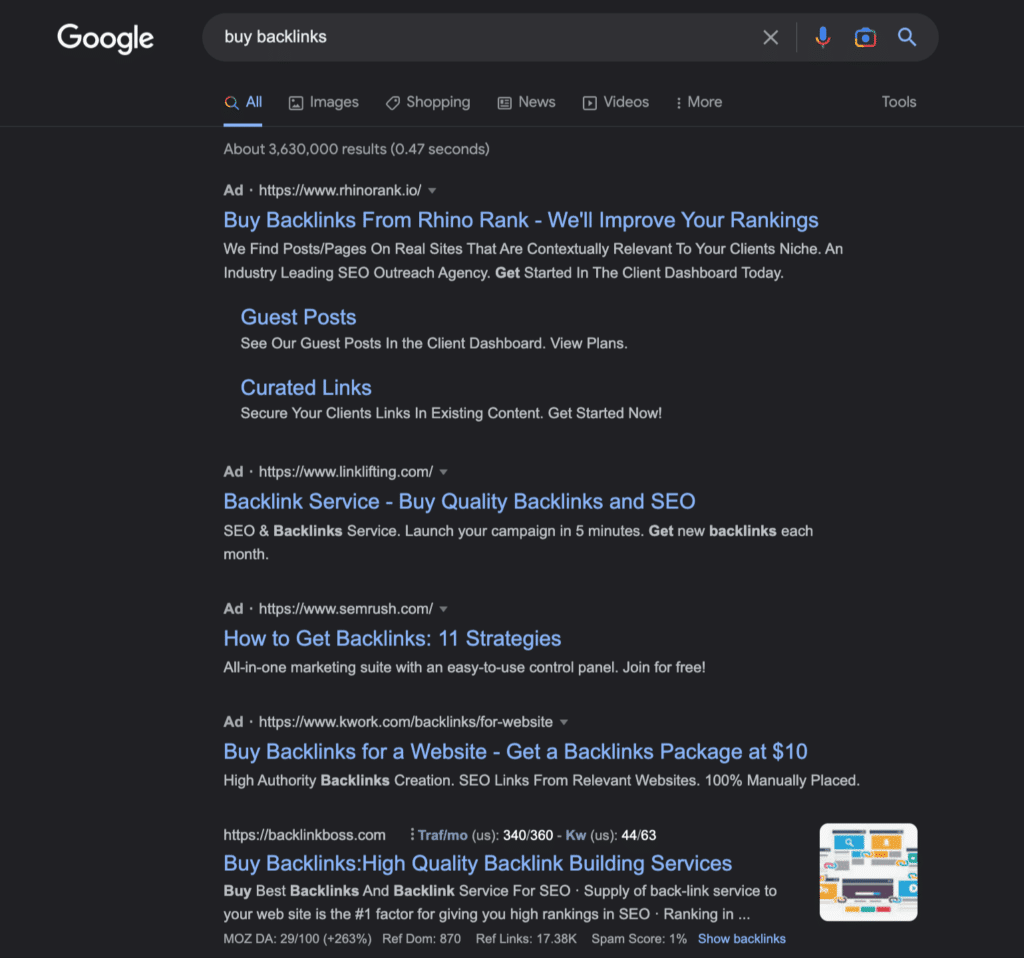
All that time, effort, and money spent on links may have been better spent on content. Content, rather than generic category or homepage links, give readers a reason to visit your website. More engaged traffic means higher SEO.
Semrush report showed:
- 55% of successful content marketing strategies focused on improving the quality of content
- 46% of those surveyed made SEO a priority
- 41% focused on creating more video and visual content
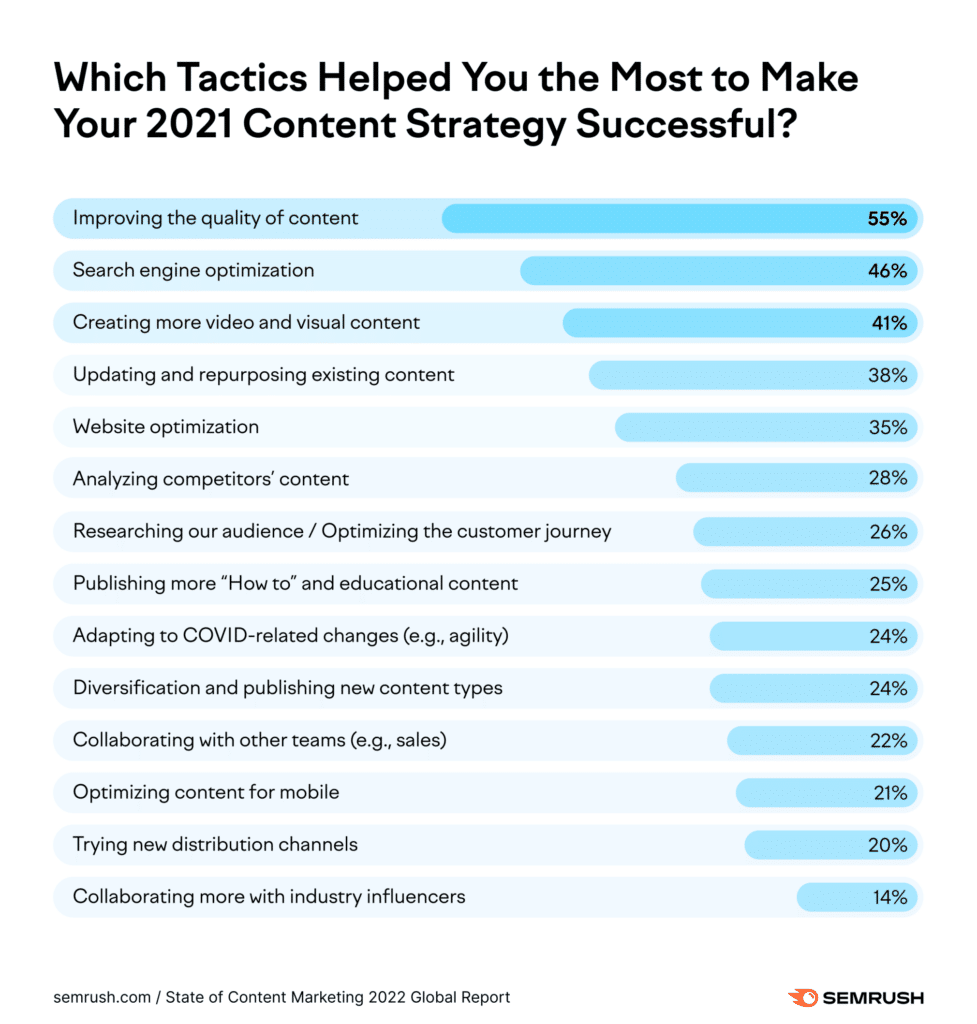
Furthermore, content allows you to vary your traffic. You can share information on social media, email, forums, and chat groups, among other places.
Nearly 41% consider social media and 40% content promotion and distribution to be the key areas of investment, alongside writing better content:

Not to mention that practically every content distribution platform allows you to communicate with your audience casually and form relationships. How might a backlink to your site help you create a relationship? It’s impossible because it’s too disjointed.
Your brand voice and tone in blogs, videos, and comments evoke your online presence. Instead of a logo, your brand becomes a human team (because people don’t establish relationships with or buy from logos).
Content diversifies your traffic and connects you with your audience
There are only two types of media in SEO (and essentially all digital marketing): earned and owned.
Owned media includes channels that you have complete control over, such as:
- Blog and website
- Mailing list
- SMS contact list or WhatsApp contact list
- Personalized podcast
Earned media includes all channels via which you can build an audience:
- Guest posts
- The Internet
- Backlinks
- Podcasts or third-party events
Around 100,000 people lost access to an important traffic source when the Huffington Post closed its open contributor program in 2018. According to reports, contributor material only accounted for 10% to 15% of traffic, but how many active contributors do you believe rely on HuffPost links for most of their website traffic and SEO links? Quite a bit, most likely.
Your investment in owned media, such as your blog content, is safe since no one can take it away from you. You can also scale your content production as needed and pivot distribution methods.
Consistent content gives you more chances to rank in varying searches
Without site pages for Google to index, SEO cannot increase traffic.
Let’s pretend you don’t have a blog and only have a homepage, service pages, an about page, and a contact page. That only provides you approximately five or ten chances to rank in SERPs for searches such as:
- Internal linking for WordPress
- Best Internal Linking Plugin
- Internal linking tool
On the other hand, someone who maintains a blog may have hundreds or thousands of indexed pages and opportunities to rank. Plus, at every stage of the sales cycle, they’d dominate the industry results for terms like:
- Best WordPress internal linking plugin(s)
- What is an anchor text
- How many links are too many
- Is internal linking good for SEO?
See how content may help you establish credibility and engage buyers during the awareness and consideration stages.
Writing great content is less costly than link building
While there are some reasonably priced SEOs, many others charge exorbitant fees.
However, finding excellent copywriters is not difficult. There are many excellent copywriters is not difficult. Many excellent copywriters are not just creative but also offer their services at reasonable rates.
Devils Advocate: Links first
The opposing school of thought contends that you should develop your link strategy first because it provides you with an audience. This method has various advantages:
Your content is useless without an audience
Sorry, but this is correct. It doesn’t matter how much time and effort you put into developing great content for your website if no one reads it.
Did it happen if a tree in the forest published a blog post and no one read it?
Your material comes to life because of your audience. The perfect backlinks network can expose your site to thousands of visitors who would never find it otherwise.
Unfortunately, simply releasing the content will not suffice. “Build it, and they will come” is a cliché that does not apply to content marketing.
Links also help with your SEO
While developing content, you may surely concentrate on SEO. You may accomplish this by making sure your content is SEO-friendly and comprehensive.
Link building, on the other hand, is a more scalable technique. You can link to the same content several times, but each post can only be published once. You can update your previous content instead of constantly developing fresh stuff with no links. This will provide Google with new content without requiring you to create new posts constantly.
Links will lose their value over time
In the future, Google’s John Mueller foresees a Google Search ranking algorithm in which links are not as crucial to the overall algorithm as they are today. In addition, he implied that links no longer carry as much weight in the Google ranking algorithm as they once did.
Well, it’s something where I imagine, over time, the weight on the links. At some point, will drop off a little bit as we can’t figure out a little bit better how the content fits in within the context of the whole web. And to some extent, links will always be something that we care about because we have to find pages somehow. It’s like how do you find a page on the web without some reference to it?
But my guess is over time, it won’t be such a big factor as sometimes it is today. I think already, that’s something that’s been changing quite a bit.
John Mueller
Link building can establish you as an authority by association
Do you recall social proof? Let’s say someone goes to a website they enjoy and notices a connection to your material. They’ll automatically assume your site is an authority on the subject. It’s like getting a shoutout from a big name in your industry. As if Neil Patel or Brian Dean were to link to us. Or if Tony Hawk had a website and featured a young skateboarder.
Or if this post gets linked to by a leader in the realm of terrible analogies and irrelevant references. That would be enormous.
Links help Google understand your content expertise
You may have spent decades in your field, but Google has no idea. What are your specialties? Which specialty or niche do you have the most expertise and experience in?
The answers to those questions will determine which topics you should include in your article – and nothing else.
You can’t be an expert in everything; Google understands. That’s why it looks at your knowledge through links. Assume you’re a dermatologist specializing in treating chronic skin conditions. For your material in this niche, you’ve gotten first-page rankings and a lot of links.
You plan to expand your practice by hiring a dermatologist specializing in cosmetic dermatology. You start writing about injectables, peels, and other cosmetic procedures.
Google won’t be able to tell if your expertise in both areas is genuine without links. You may potentially lose valuable rankings in your original field.
Links inform Google what you’re all about and build trust.
Links drive targeted and engaged traffic to your content
Did you know that Google bots look at your website statistics to check how long people spend on your page, what they read, and how many people visit? Although Google maintains that traffic isn’t a ranking factor, research from SEO tools such as Semrush contradicts and analyzes the ranking factors:
Website traffic and other associated data, according to Semrush, are essential considerations – long before keyword placement.
Earned link referral traffic is also some of the best traffic you can acquire. Someone who stumbles over a link to your content on another blog is already reading/consuming it (rather than scrolling or researching mindset from social posts or Google results). They’ll most likely spend a long time on your page and consume more stuff while they’re there.
Most importantly, earned links are usually from websites with similar audiences. Your link traffic is effortlessly well-targeted and relevant to your niche.
Links point Google to your most popular content
Google aims to provide users with the most relevant results for each search. It is Google’s job to respond to user queries:
- Effectively
- Accurately
- Efficiently
- With relevant outcomes
- With dependable outcomes
If someone clicks a headline from the search results and then presses the back button within ten seconds, Google knows it should probably stop showing that URL in the results, regardless of how reliable the site is.
Google has millions or billions of options for each search query. Why should it prefer your site over others? Google, too, has a reputation to maintain.
If you have a lot of links pointing to your material and visitors who click those links stay on your page to read it, Google knows your content is safe to use in the search results.
Take a look at your most popular blogs right now. Those are probably the blogs right now. Those are probably the blogs with the most high-authority backlinks as well.
Even one well-read (and high-quality) blog post can help you break into the SEO world. Internal links that drive Google bots and users to other high-quality, relevant content encourage more links and engaged traffic. When you recognize that SEO is more about generating a positive feedback loop than going through a checklist, it’s simpler to let go of the content vs. links attitude.
Building links without valuable content is asking to get flagged as spam
Let’s imagine you’re still undecided about the content vs. links debate, and you believe that you need links first for SEO.
After all, links are likely one of the essential components in displaying your authority, generating traffic, and appearing on search engine results pages (SERPs).
How do you want to gain links without producing high-quality content? You can get natural, high-quality links until you have content. You must instead construct them yourself by:
Purchasing backlinks from a firm that offers this service
Paying for sponsored content that includes a link to your website.
Linking to your site in high-authority blogs or forums’ comment sections Guest blogging, event promotions, or other earned media with links to your site (e.g., YouTube)
The last option is the only one that is legal and still requires content creation first.
Any link you buy – whether from a company or a sponsored article – will almost always contain tracking information or other signals that indicate Google it’s not natural. That isn’t a viable SEO technique.
Buying backlinks or manually placing them in comment areas is considered spam at worst. Backlink spam is also something that Google takes very seriously, and their definition has grown since they’ve launched their criteria and added them to their Spam Update rollouts:
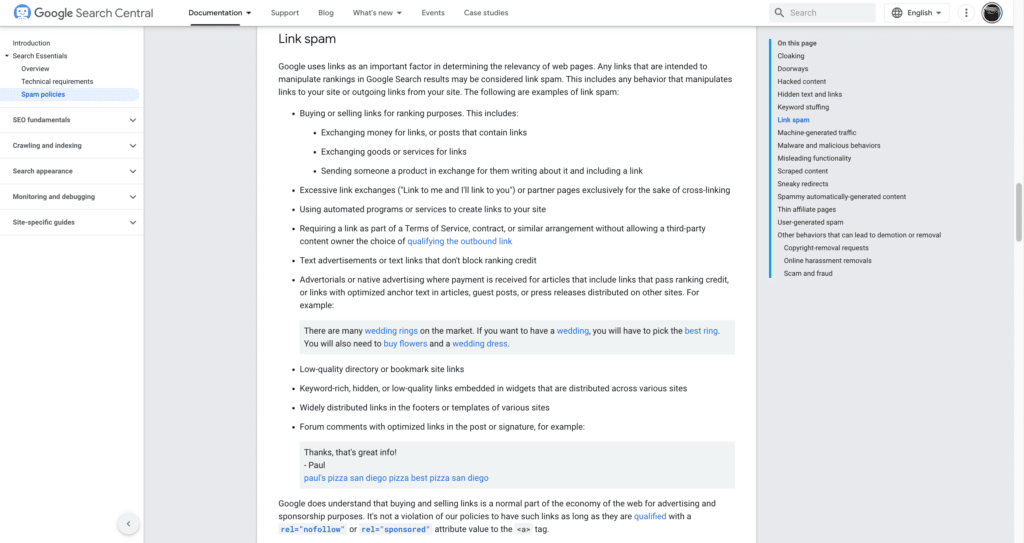
If you incorporate keyword-rich anchor text in your sponsored guest blogging, you may be classified as spam (another major spam red flag). Remember that Google reserves the right to change its mind and declare all paid guest blogs spam.
But what do the search engines say?
I mean, isn’t that what this is all about? What are search engines looking for, and how can you “hack the system” to make them like you?
The real question we’ve been circling throughout this essay is, “which is more important to search engines, content, or links?” We can even narrow the scope of the question:
Which is better: on-page or off-page SEO?
If you look at all the ranking factors, Google is primarily concerned with factors other than content. And on Google’s steps to a Google-friendly site page, they also talk about links.
If you merely look at that website, you’ll probably conclude that links are the most important factor.
However, if you look closely at that Google-friendly site page, you’ll discover that the first item they discussed is:
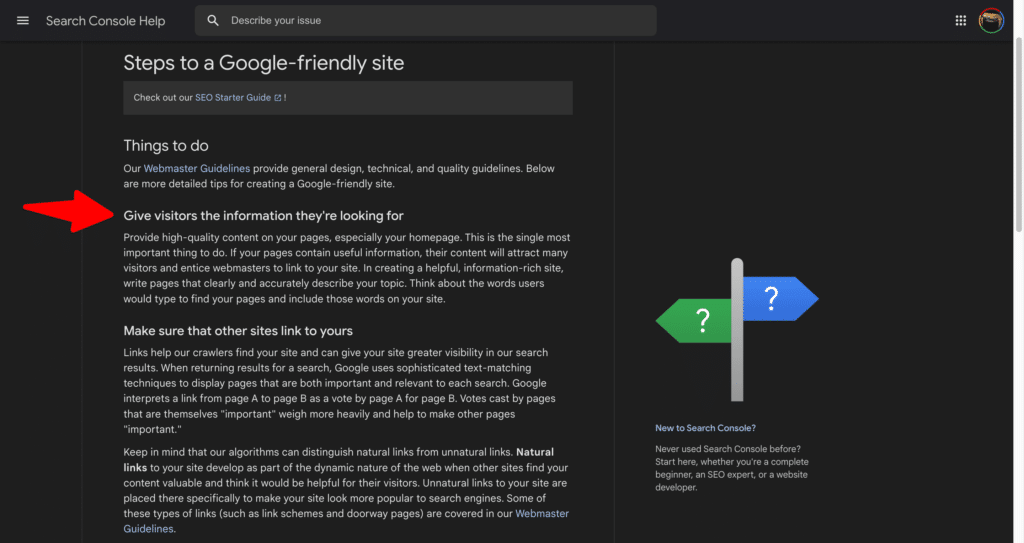
The single most crucial action to take. Their top Google-friendliness Factor appears to be high-quality content with relevant information.
Because links are useful and important because Google’s primary goal is to assist consumers in finding the best content to answer their questions (and drive SEOs insane), they’ve eventually led to your content.
If you don’t have any content, the links will lead to a site that isn’t worth much.
Consider this: would you advertise an ice cream shop for hundreds or thousands of dollars to lead visitors to an empty storefront?
Before you start running those advertising, you must first have the store.
Building high-value backlinks with high-quality content
Here’s a basic explanation of how to create links using content:
Create high-quality, linkable material that is valuable, accurate, current, complete, and 1,000 words or more. Include relevant research, professional advice, and resources.
Get social shares, votes, and comments right after you publish to build social evidence.
Gain visibility to those who share similar content with social advertising and social outreach.
Direct outreach to people who link to comparable material can help you get links.
Answer questions on Q&A networks, forums, and social media groups, and syndicate your content to relevant sites and platforms to gain links.
Follow these methods every time you write an amazing piece of content. You’ll eventually build a library of linkable, high-quality material on your website that boosts your domain’s overall authority with strong editorial links.
It’s not content vs. links – it’s always content first, links second
I’m not dismissing the value of earned links for SEO; ignoring links would still lead to the content vs. links trap. Natural backlinks from reputable websites are essential, especially authoritative websites in your niche. However, if you don’t publish frequent content, you won’t be able to get natural links. Content provides credible (non-paid) reasons for other websites to connect to your page.
Backlink gold includes original research, data, studies, infographics, graphics, GIFS, videos, podcasts, and quotable thoughts.
Just concentrate on creating original content in your field (while optimizing for relevant keywords). SEP and long-term links will follow.
Pondering thoughts
It is most likely that I won’t be able to rank for “Content vs. Links” keyword. Just look at the amount of results, difficulty, etc etc:
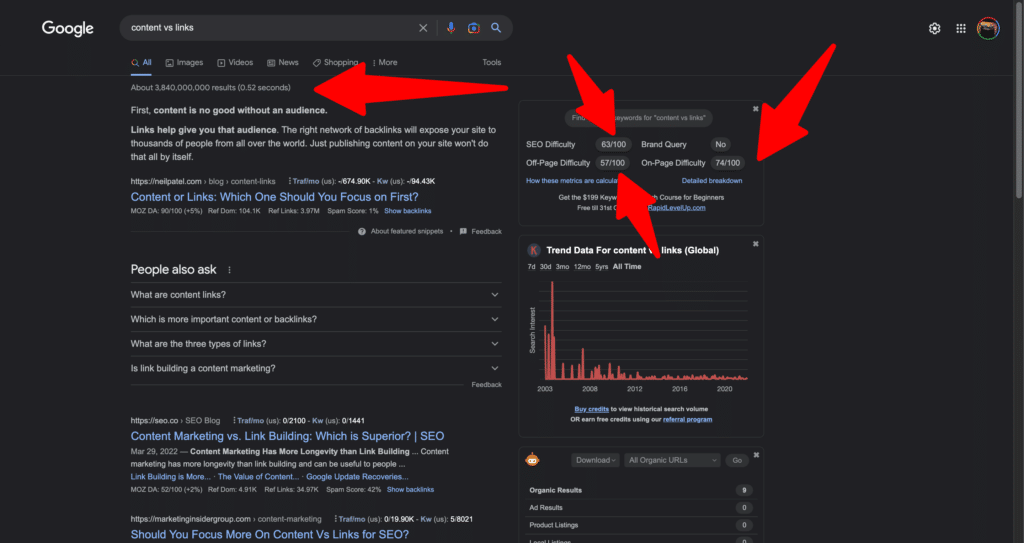
However, if you find this article to be helpful, do share it, and let’s see how much quality content can make a difference versus asking for a link exchange :).

